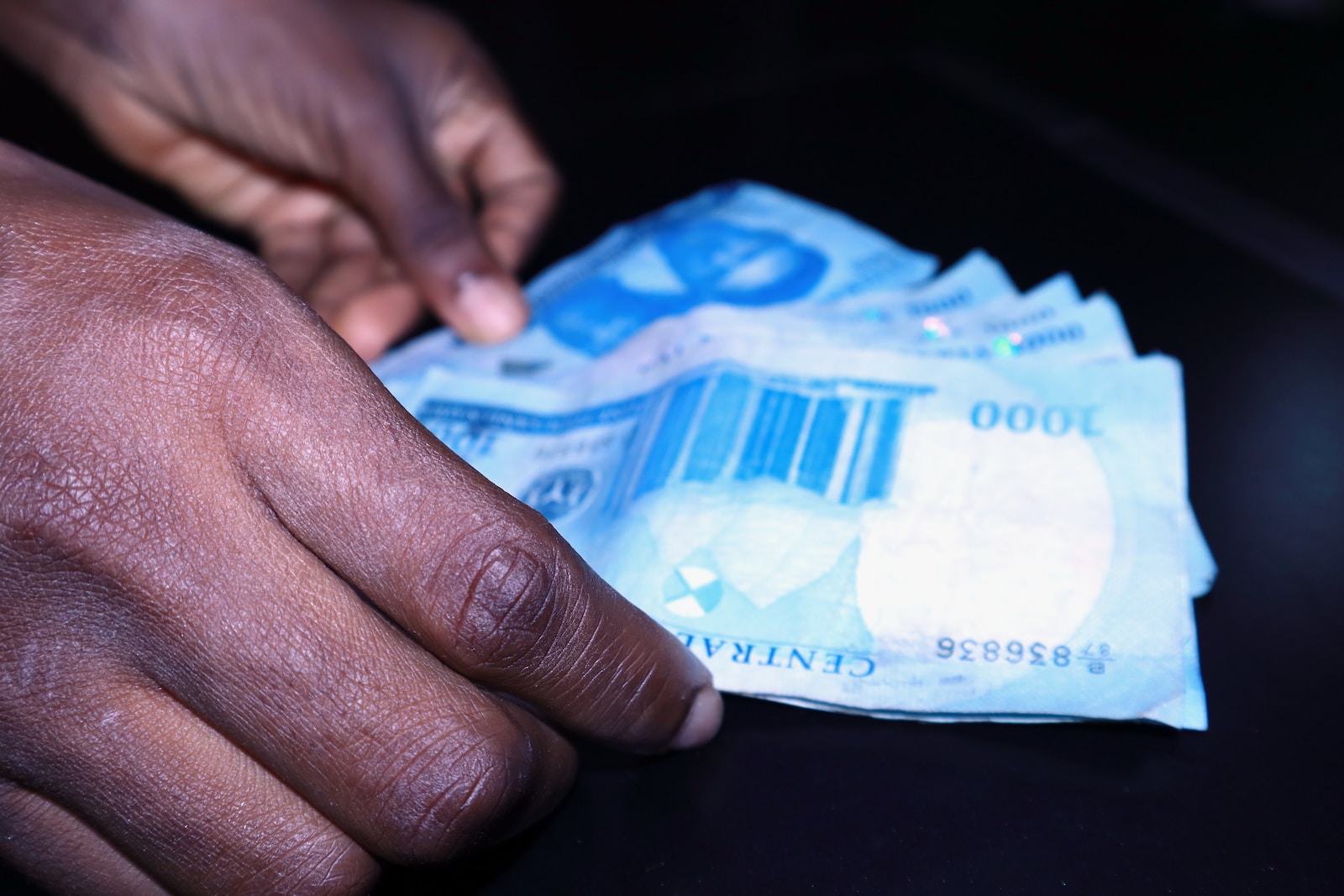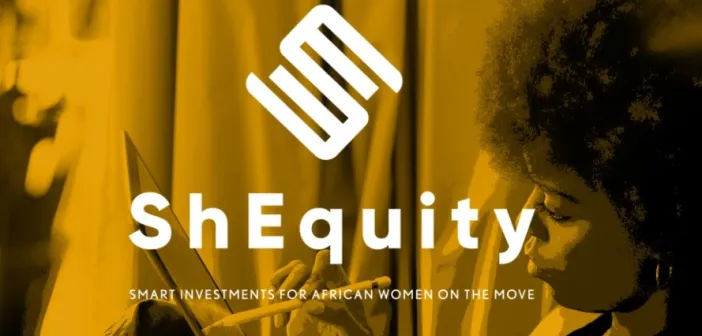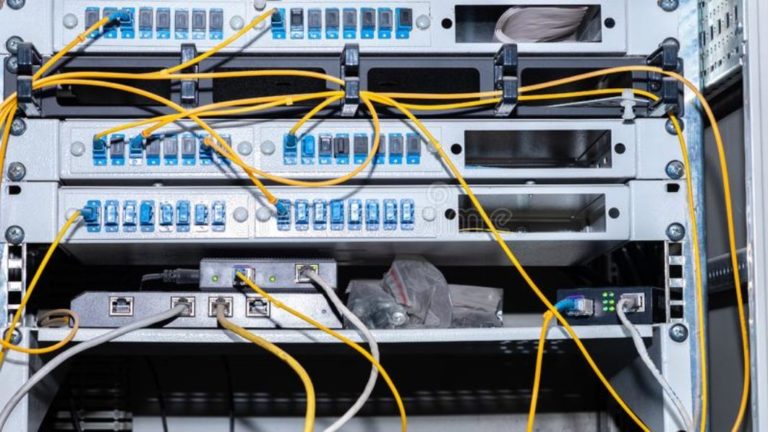Nigeria: CBN Approves Naira Stablecoin, to Debut February 27

The Central Bank of Nigeria gave the Africa Stablecoin Consortium’s cNGN Naira stablecoin initiative the go-ahead on January 4th, according to the CBN’s regulatory sandbox.
In order to maintain compliance, transparency, and a focus on consumer safety, the ASC has said that they want to collaborate closely with regulators from the CBN, Nigerian Securities and Commodities Exchange, and the Nigerian Financial Intelligence Unit. In addition, third-party auditors will examine the ASC’s reserves on a quarterly basis. The ASC will also publish daily records of its total assets and reserves along with monthly attestations.
Regarding the overall workings of the cNGN, whenever a user deposits Naira into an ASC reserve bank account maintained by one of its partner commercial banks, the ASC generates new cNGN tokens. Additionally, users can withdraw their cNGN for Naira, and at this point, to maintain the 1:1 peg to the Naira, the ASC destroys the tokens.
The ASC’s Plans For The cNGN
In order to enable quick, safe, and cross-border trade denominated in Naira, the ASC envisions the cNGN as an adjunct to the eNaira and serving as a link between fiat and digital assets. It also aims to serve as a more affordable and effective means of remittances for Nigerians living abroad and as a lifeline for the unbanked due to its compatibility with vouchers, agency banking, and USSD.
As of right now, cNGN is compatible with the Bantu network and the BNB Smart Chain. In the upcoming months, it plans to grow into other major chains, like as Ethereum and Tron. Further clarification was provided by the ASC, stating that cNGN is generated on the Bantu network and “available on every other public blockchain through the Automated Multi-chain Transfer Protocol (AMTP).”
Bitcoin, eNaira, cNGN And Nigeria’s Economy
Nevertheless, considering the Naira’s considerable volatility and ongoing devaluation compared to more stable currencies like the US Dollar in comparison to other African currencies, it is difficult to see it serving as the foundational currency peg for a stablecoin. However, it’s too soon to tell if the cNGN will suffer the same fate as the eNaira.
There is still hope that the federal government’s ongoing economic reforms, the CBN’s currency controls and other efforts, and the cNGN’s possible involvement could help alleviate some of Nigeria’s economic troubles and challenges in 2024.
Nigeria now tops Africa in cryptocurrency regulation as it stands. Notwithstanding the CBN’s new guidance, there are unanswered questions concerning the impact of stringent KYC and AML laws on individuals and firms within the ecosystem, and the implications for innovation and the ecosystem as a whole.
Still, bitcoin’s standing is unwavering. The year 2023 will be dominated by further developments across its value chain, with Nigeria continuing to lead the globe in bitcoin adoption, the country dominating worldwide crypto P2P exchange volumes (over $56.7B in 2023), an infusion of new bitcoin enterprises, and advancements in bitcoin mining using renewable energy sources.
The Nigerian economy will also probably continue to be impacted by these events, particularly as money pours in from both domestic and foreign investors as a result of the aforementioned developments and the expected rise in the price of bitcoin in the upcoming months as they want to include these chances in their portfolios.







